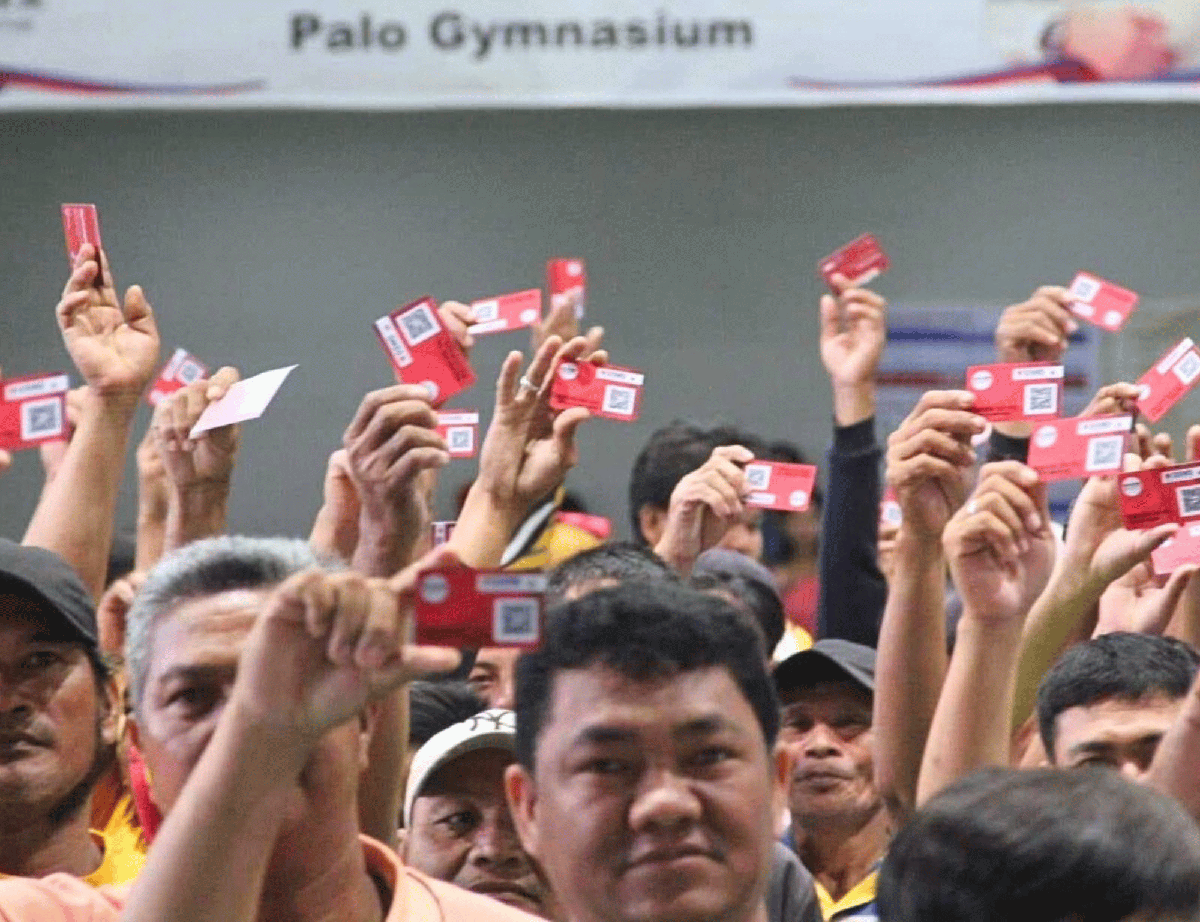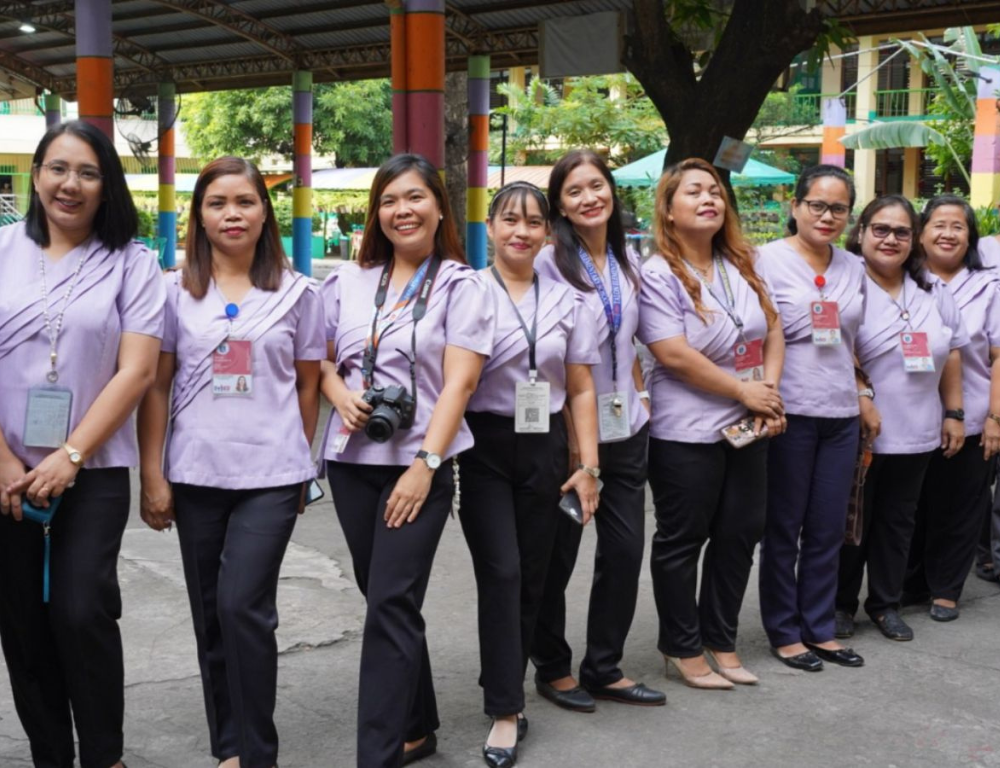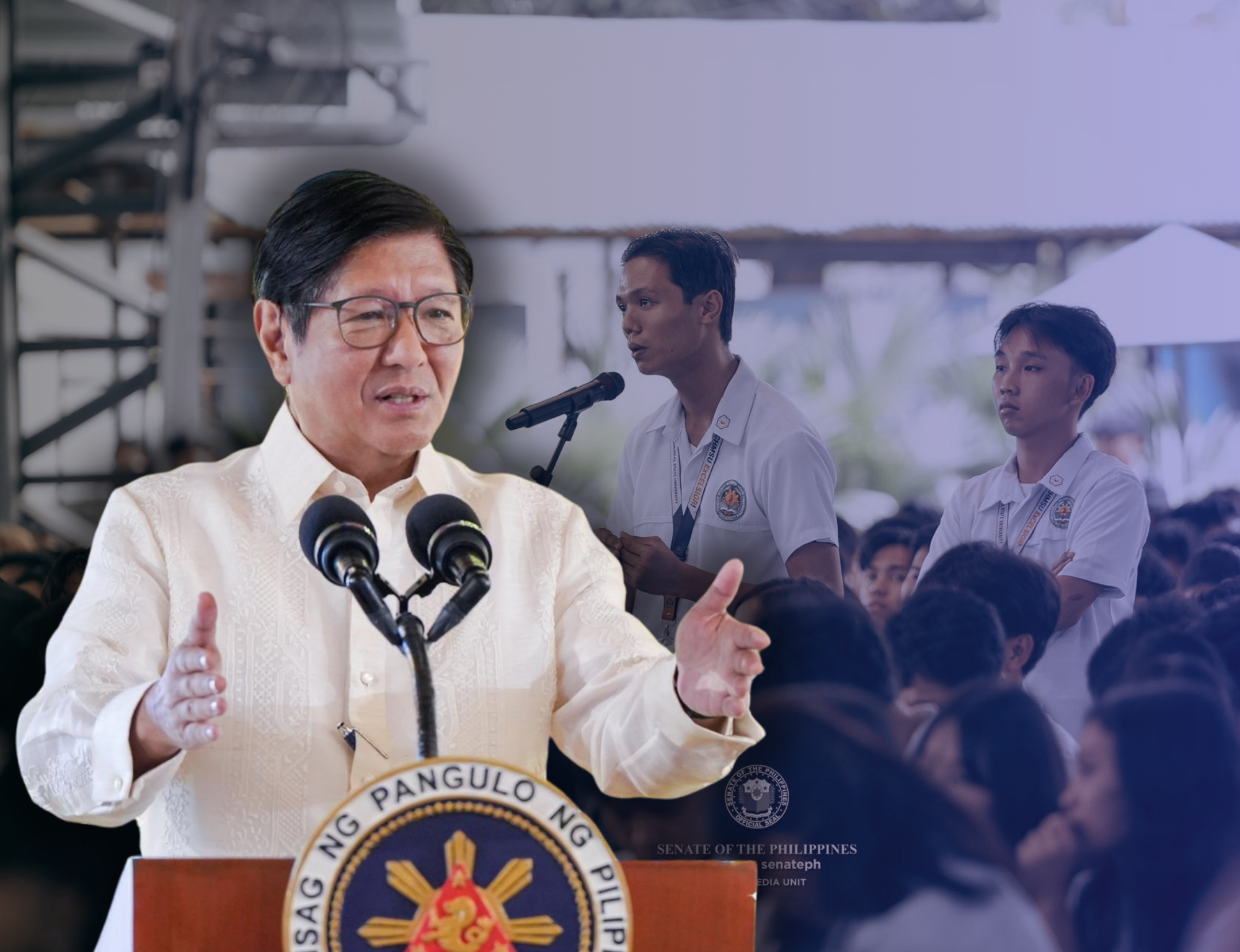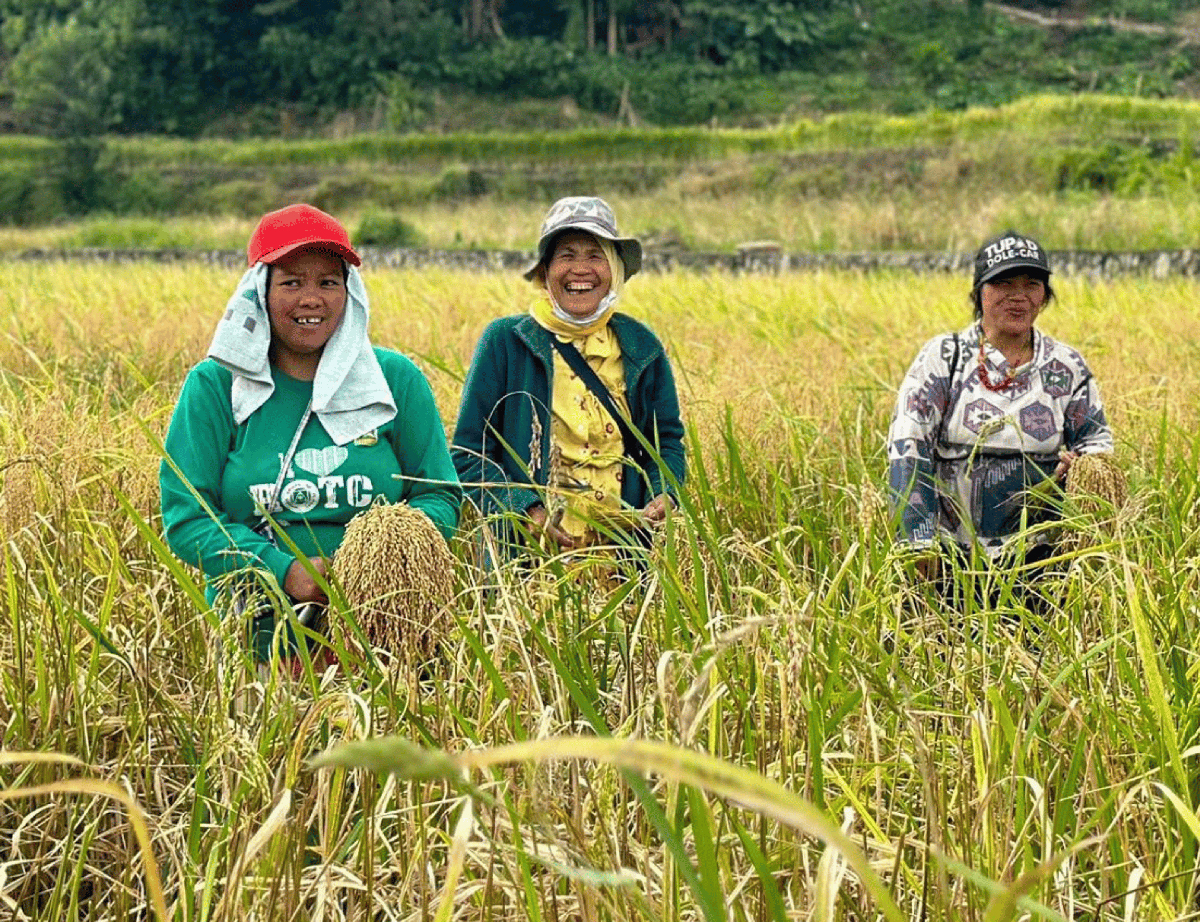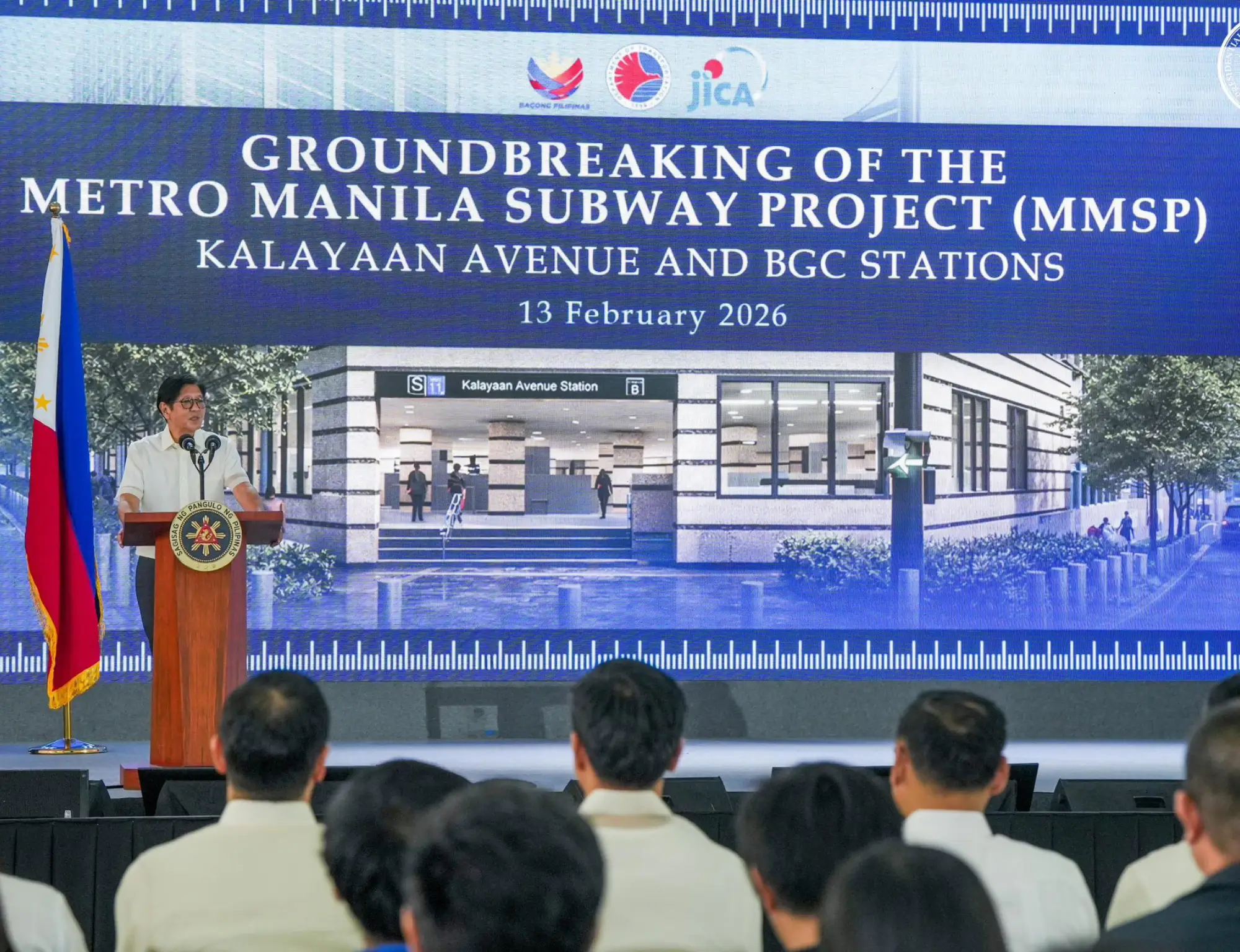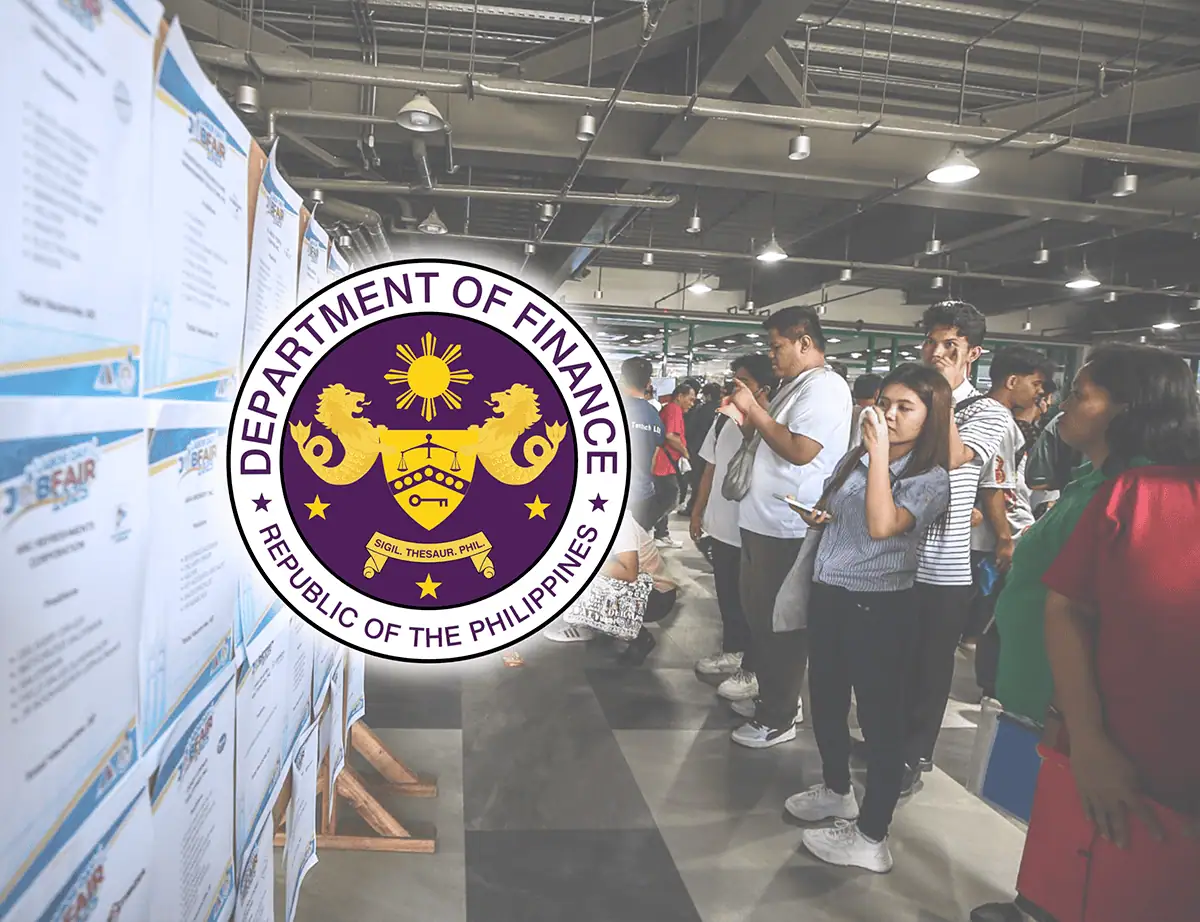
Finance Secretary Ralph G. Recto assured the public that the Philippine labor market remains strong despite weather-related disruptions, as the government doubles down on expanding access to quality jobs and improving workforce readiness.
“Prayoridad namin na mas mapadali at mapalawak ang oportunidad ng mga Pilipino na magkaroon ng mga dekalidad na trabaho. Tutulungan namin kayong makahanap ng tama at disenteng hanapbuhay, palalakasin ang mga training, at ibibigay ang kinakailangang suporta lalo na para sa mga apektado ng climate change,” he said.
In July 2025, the country recorded 48.64 million Filipinos in the labor force, with a slight uptick in unemployment due to weather disturbances that temporarily affected jobs in the agriculture, fishery, forestry, and construction sectors.
To address this, the government is committed to expanding rural infrastructure, improving digital connectivity, and increasing access to training opportunities in the agriculture sector.
Nevertheless, the services sector continues to drive job creation, accounting for 62.8% of total employment, followed by industry (18.7%) and agriculture (18.5%).
The majority of employed Filipinos remain wage and salary workers (68.7%) or those with stable and formal jobs, showing the continued expansion of the country’s middle class. Out of the wage and salary workers, year-on-year employment rose by 987,000 in private establishments and by 228,000 in government or government corporations.
Government interventions to improve labor market conditions
In line with President Ferdinand R. Marcos, Jr.’s directive to improve Filipinos’ access to jobs, the government continues to expand job facilitation efforts and improve monitoring of employment data to inform policymaking.
The Department of Labor and Employment (DOLE) widened job matching efforts through upgraded platforms like PhilJobNet and local job fairs, including the World Café of Opportunities in Abra, offering over 5,000 vacancies.
In addition, a new data-sharing agreement between DOLE and the Bangko Sentral ng Pilipinas (BSP) aims to improve labor market analysis and policy planning.
To improve employability, the government has put in place training programs, such as the Technical Education and Skills Development Authority’s (TESDA) and the Department of Social Welfare and Development’s (DSWD) technical-vocational training to Pantawid Pamilyang Pilipino Program (4Ps) beneficiaries.
The government also distributed starter toolkits to Special Training for Employment Program (STEP) graduates.
Moreover, flexible and community-based learning modalities were rolled out in Ilocos, while a TESDA-TCL partnership established a specialized training center for domestic refrigeration.
The government also launched the AI Academy to equip the workforce for the future, particularly in automation and machine learning. (DOF)






